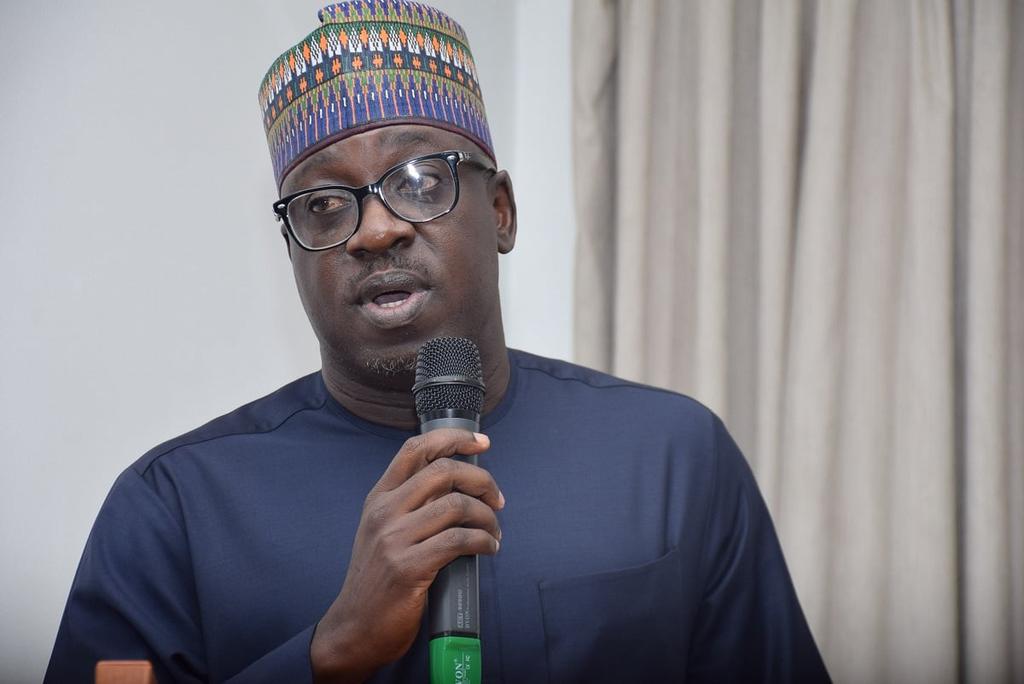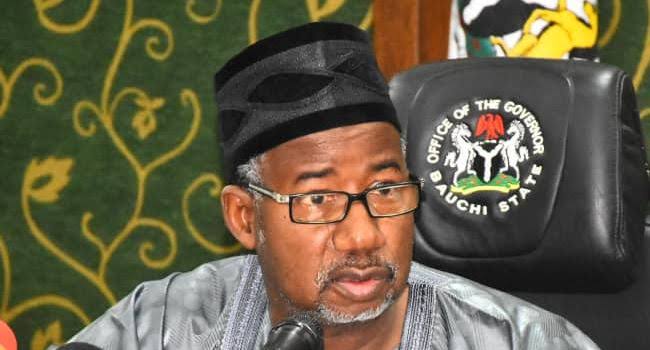National News
Nigeria loses N455bn Yearly to poor sanitation — Shettima

Vice President Kashim Shettima says Nigeria loses an estimated N455 billion every year due to poor sanitation, warning that open defecation continues to endanger public health and national productivity.
Shettima spoke on Monday at the opening ceremony of the maiden National Sanitation Conference in Abuja, organised by the Federal Ministry of Water Resources and Sanitation. The event, themed “Accelerating Sanitation for All,” brought together key government officials and development partners. The Vice President was represented by Inna Binta Audu, Special Adviser to the President on Humanitarian Affairs and Development Partners.
He said access to safe sanitation remains one of the country’s most urgent development challenges, stressing that sanitation is more than just infrastructure but a matter of “human dignity, health, productivity, and the future of our nation’s children.”
Shettima warned that open defecation continues to contaminate water sources, increase preventable diseases such as cholera and diarrhoea, and damage Nigeria’s global image. Citing a World Bank report, he noted that poor sanitation costs the country about N455 billion ($3 billion) annually.
While acknowledging progress, including 158 Local Government Areas now certified Open Defecation Free (ODF) and state-wide achievements in Katsina and Jigawa, he said more collaboration is needed across all levels of government. He highlighted ongoing government interventions such as the State of Emergency declaration on the sector, the National Action Plan, PEWASH, SchoolWASH, HealthWASH, SURWASH, and the Clean Nigeria Campaign backed by a presidential order.
The Vice President also pointed to the growing economic potential in the sanitation and menstrual hygiene market, projected to reach $14.23 billion by 2030. This includes a $9.9 billion toilet economy, $2.5 billion circular sanitation economy, $25 million smart sanitation market, and a $1.8 billion menstrual hygiene sector.
He urged the scaling up of innovative financing, private sector participation, community behaviour change, and waste-to-wealth initiatives to accelerate national progress.
Minister of Water Resources and Sanitation, Engr. Joseph Utsev, said sanitation remains the foundation of human development. He noted that the two-day conference provides a platform for dialogue and partnerships to strengthen nationwide sanitation efforts.
Other officials, including FCT Minister Nyesom Wike, Head of the Civil Service Didi Walson-Jack, and WASH Ambassador Engr. Ebele Okeke, pledged continued support, especially for women, children, and vulnerable groups.
Shettima concluded by saying the 2030 target is “ambitious but achievable,” stressing that achieving universal sanitation will reduce disease, boost the economy, protect the environment, and ensure no Nigerian is left behind.
-

 National News2 days ago
National News2 days agoBREAKING: INEC announces new 2027 election timetable, Presidential poll to hold January 16
-

 World News2 days ago
World News2 days agoKenya begins rollout of breakthrough HIV prevention drug Lenacapavir
-

 Sports2 days ago
Sports2 days agoCristiano Ronaldo acquires 25% stake in Spanish club Almería
-

 News2 days ago
News2 days agoOpposition leaders hold meeting in Abuja over electoral reforms
-

 News2 days ago
News2 days agoAPC denies role in Edo violence, accuses ADC leaders
-

 News2 days ago
News2 days agoBREAKING: AMAC Chairman-Elect Maikalangu donates borehole to NUJ FCT
-

 News2 days ago
News2 days agoNigeria–US defence partnership advances as NAF earns praise for Ah-1Z preparedness
-

 News1 day ago
News1 day agoCourt affirms PDP convention that produced Turaki as Chairman






































